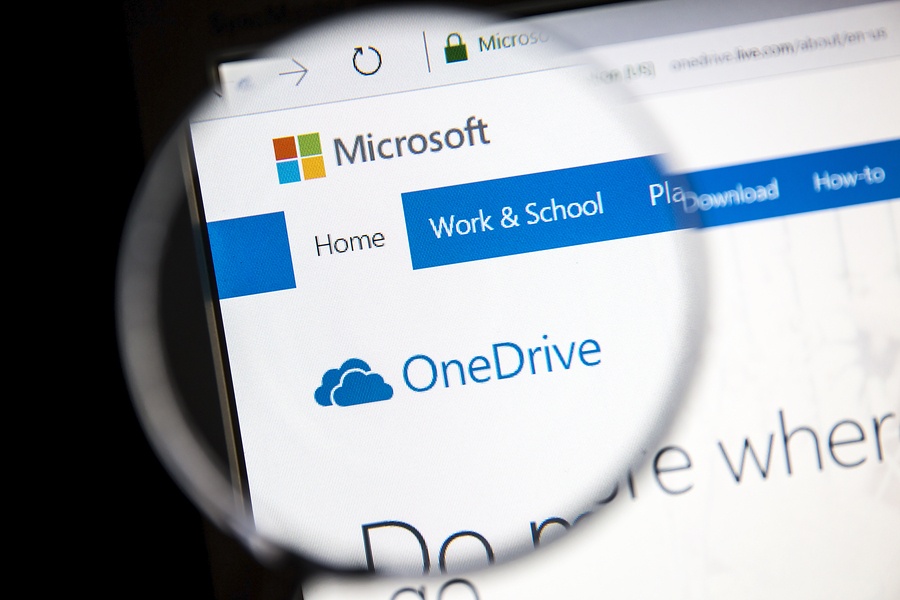
Microsoft Dynamics 365 (D365) for finance and operations, launched in July, 2017, adds more functionality to this single bundling of CRM/ERP software. At its core, this new module uses Microsoft’s Common Data Model (CDM) through Azure’s cloud-hosting services for enhancing the use of “applications by power users.”
Forbes provided an update on this latest iteration by noting how Microsoft zeroed-in on its capability to provide an “all-inclusive productivity and security solution, with a focus on streamlining IT management.”
D365’s Business Edition integrates with Office 365 to deliver Financials, Sales and Marketing capabilities. Ideal for small and mid-size companies, this SaaS platform offers a subscription program that allows every “team member” read-only access without the ability to make changes.
Role-based, this edition can assign usage by office functions, such as “Accountant, Administrator, Business Manager, Project Manager, Sales Activities, Sales and Relationship Manager, Sales Order Processor, and Team Member.”
Moreover, the Chart of Accounts, for example, provides for extensive processing in a number of departments, including categories that can mirror “other vendor’s accounting systems.”
Aside from standard financials that include both a summary and more-detailed general ledgers, the Business Edition integrates with Office 365 cloud to allow intuitive, customization of reports. These reports represent reflect the software’s capability to provide “predictive insights, prescriptive advice, and actionable next steps.” In addition, the suite delivers enhanced graphics and charts from Microsoft Excel and Power BI.
To learn more about this powerful, business processing software, contact us. Our certified Microsoft Gold partner consultants can answer questions on how to find the right app tailored for your needs through Microsoft’s AppSource.





